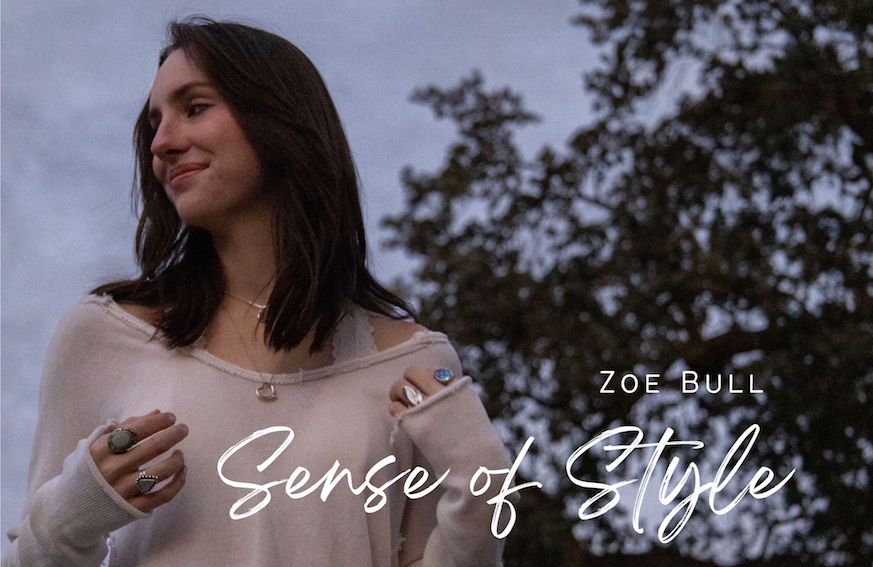[media-credit name=”Image from impawards.com” align=”alignright” width=”300″] [/media-credit]
[/media-credit]
So many movies nowadays are parts of a series. With sequels, part IIs, prequels, and alternate versions, there’s a lot to pick from. One prevailing trend is to almost require your movie to have a sequel because of it’s cliff hanger ending, enticing the audience to come back. Smart right?
Eh…maybe not.
Actually, before I get into that specifically, it should be noted that sequels have become a huge thing over the years. It didn’t just start in the past couple years, with all the remakes and reboots and all that jazz. According to livescience.com the first sequel was considered to be from 1916, but the popularization of creating franchises and sequels started around the 1960s-70s.
People really like to complain about sequels. People also really like some sequels! Without them, some of the biggest movies wouldn’t exist. Terminator 2, The Dark Knight, Toy Story 2, Mad Max: Fury Road… Technically, things like the Harry Potter series and many Marvel movies count as sequels too.
But the trend of making sequels has extended so far, movies are now being written with installments two and three already written, ready to follow close behind the first. Not in the case of things like Harry Potter, where it’s based on a series of books, but movies where all that exists for it’s franchise, if there even is one yet, is movies. Terminator Genisys is the most recent I can think of that’s done this. Before the movie was ever released, two more films were slated to follow it, telling the rest of the story. Now there lies the question: Is that smart planning, or a poor decision?
I honestly have no idea.
See, by doing this the creators are counting their chickens before they hatch. They’re banking on the idea that the movie will do very well so they can keep going with their storyline they’ve stretched across two or three or more installments. It’s great to leave room for another movie! And it’s great as a creator to explore what’s next for your characters and story after the credits roll. But what if the movie flops? Not only is it really sad, but now you’ve left a bunch of loose ends that won’t get tied. If the movie fails, why would the sequels get green lit? If they are green lit, why chances of people going are still low.
[media-credit name=”Image from impawards.com” align=”alignleft” width=”200″] [/media-credit]
[/media-credit]
But then again, many movies have superior sequels. Their popularity came from the second attempt, from round two. And sometimes a story works as a series. But should people be planning for sequels as if they’re an absolute, or should they just leave some room and wait for audience reaction? It’s really hard to say. There’s actually been scientific studies done on Hollywood and sequels. A lot of us can give reasons for what makes a franchise work, but I think the article from tejas@iimb sums it up well.
“Firstly, sequel movies are primarily character driven in nature. The genre of the movie and the success of the first movie determine the likelihood of a sequel being made and the response of the audience towards the sequels. Furthermore, a hit index based on box office performance, audience rating and revenue to budget ratio has been formulated. A three-dimensional framework based on the assessment of the creative core, resource pool and pattern of coupling of the movie has been proposed.”
They state that successful sequels tend to be driven by characters, not a story that answers cliff hangers from the last movie. For that, there has to be room for the characters to grow still. If their growth has been reached, there isn’t much room. Previous box office revenue effects success, and above all, the people’s opinion. Sometimes people hate a movie so much before it’s out they can’t ever enjoy it because they’re so convinced it’s bad.
Of course, these don’t always have to be applicable. It’s art! And the audience and industry is fickle. We say we’re sequels, but we keep watching them. Should movies keep doing so? It’s really hard to say, and I’d really love to hear other people’s opinion. So:
Should movies leave cliff hangers or purposefully set up for a sequel?
See you around the campus!
To read more from this blog, check out Going deeper into ‘Labyrinth’.



